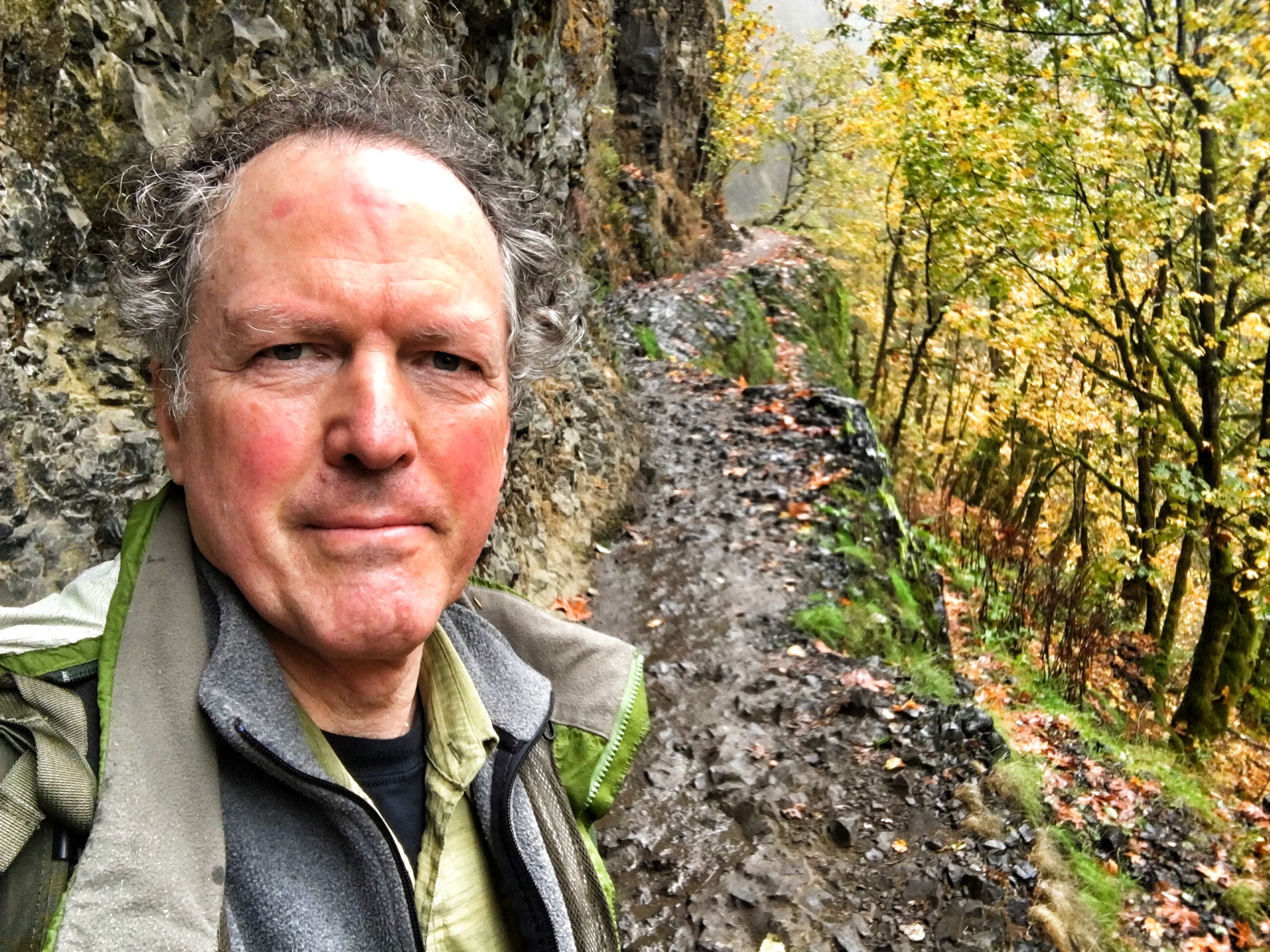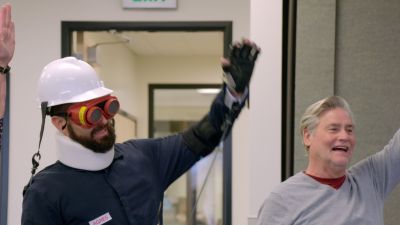April is National Poetry Month, and we’re celebrating by featuring examples of “civic” poetry from new and familiar voices. Throughout the month we’ll be discussing what it means to be civic through the art of words. Join us on Twitter at #civicpoetry.
Poetry Is Pure Research for the Human Project
“Poetry makes nothing happen,”
the old bard said — “it survives
in the valley of its making”—
as if the lullaby sung softly
did not transform trouble to sleep,
or the work song chanted
by bent mothers weeding the field
did not blur the furrows
from impossible to possible,
or the anthem sung around the fire
did not grind our fears
in the crucible of courage
so we might renew our nation.
In his collection The Flavor of Unity: Post-Election Poems, Kim Stafford also offers some thoughts on making all discourse more productive.
Afterword:
A Hierarchy of Responses
To Trouble in the World
Thoughts in response to a friend asking, after grand catastrophe: “What can we do?”
We ask each other in time of trouble: “What can we do – about the election …about global warming… about terrorism … about ISIS … about Hitler … about Genghis Khan…?” Here are some possible responses that occur to me, in a kind of ascending order of usefulness – though it’s hard to say what a best response might be, as each is fraught with complexity:
1. You can declare war — on a person, or a nation. You can abdicate true leadership, abandon diplomacy, saying in your haste, “All alternatives to violence have been exhausted.” You can let yourself get mad and go kill people. [Occasional national response…often lamented later.]
2. You can turn away, ignore or deny the problem. [Frequent majority response.]
3. You can let your emotions be so overwhelming that you become part of the problem — fury, sorrow, despair. Then other people have to add saving you to their existing concerns, instead of working on the problem together. [If we can avoid this, it’s a good start. Thus, taking care of yourself in the face of difficult news is a high priority, and ultimately a generous act.]
4. You can suffer in silence, which makes you less effective in all ways, for terrorism or demagoguery has worked: You are terrified. [Frequent individual response.]
5. You can send money to someone involved at a personal level, or to an agency positioned to address the problem. [This can offer practical help, but also may “buy off” your responsibility to do something more effective.]
6. You can think: Meditate on the situation, address it in your mind, seeking some form of clarity. This can help you identify truly useful action. Or you can think with others: Talk with friends, and then with people you encounter or seek out. Listen carefully. Ponder deeply together. Foster the ripple effect of thought. [Individual option — then the beginning of action beyond yourself.]
7. You can write about it, make art, respond creatively in order to settle your own emotions and explore solutions though lively imagination, not brute reaction. You can send forth your writing or art to help others see a new angle: a poem, an essay, a letter to the editor or an open letter to both sides. [This can be a useful companion to other forms of response. If you speak your mind, you are likely to get some cruel, even threatening reactions, as the world is a crazy place. But you will also empower others and gather companions for the difficult, restorative work to come.]
8. You can bear witness through your writing, or in person. Stand in the street with a sign. Stand before the house of the decider. Directly engage someone “on the other side.” [This is the beginning of individual active engagement with the problem. Much of the work here is finding a place, a vantage point that can give your individual voice some leverage — not just a voice crying in the wilderness.]
9. You can demonstrate with others. You can join a peace walk. You can join a vigil at a prison, at la legislative session, at the gates to The Citadel. Together, you can stand in the path of the White Train. [Physical activism by individuals in groups — undertaking some danger to make a point, and to make news.]
10. You can go to the place of trouble and dwell there, trying to do something about it. You can be the personal ambassador, the seeker, the traveler with a mission — be St. Francis walking to Rome to engage the Pope, or St. Francis undertaking his solo peace “crusade” to meet directly with the Sultan. This approach can be an aspect of all travel: The traveler as seeker and witness. [But consider you are “out of your element,” likely to miss cultural cues for effective action. You may become a martyr, may become a cause for revenge, making things worse.]
11. You can dedicate your life to fixing this one problem surrendering all else in obsessive focus on this. [But you will need to ask, Am I truly helping? Am I effective for change, or only trying to feel better about myself?]
12. Instead of reacting against a distant problem, you can seek the causes of human cruelty: poverty, ignorance, injustice, our long war against the Earth. Then enter a calling that engages those causes. Work with like-minded people to gentle the climate of human affairs — by taking on Margaret Mead’s old challenge: Never doubt that a small group of thoughtful, committed citizens can change the world; indeed, it’s the only thing that has ever has.
At every point, with every action, practice beauty, imagination, honestly, humor and generosity. Make what you seek by how you seek.
Reduce despair, and sustain the seeker.
This project was co-curated by the journalism nonprofit the Economic Hardship Reporting Project and its Puffin Story Innovation Fund.




